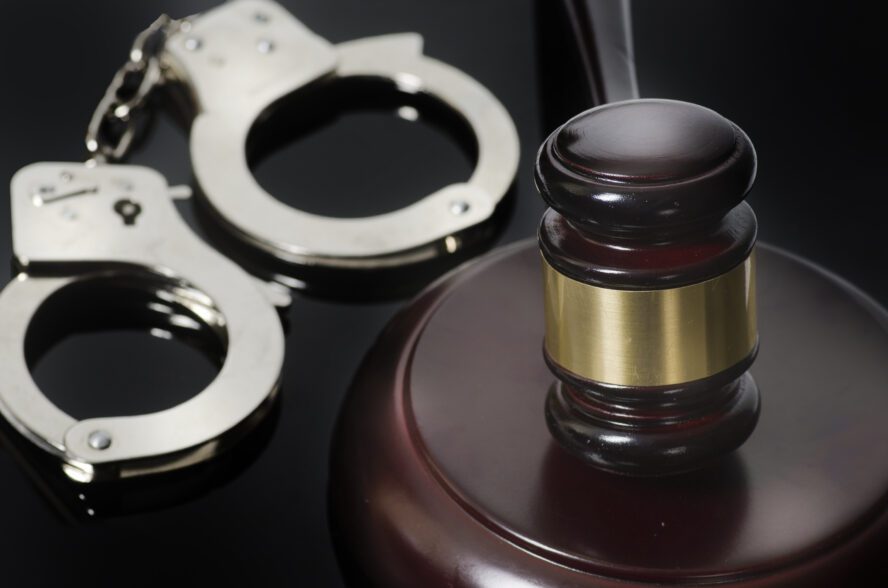Criminal Defense Lawyer
Nobody wants to be arrested, so if the moment arrives, we may immediately lose all of our common sense and surge into panic. While we may hear stories about other people’s arrest and think we would know what to do if put into that moment, we really can’t be sure. As a criminal defense lawyer community members trust at the Law Group of Iowa would offer, what people can do is understand more about the arrest process and what their rights are so that they can invoke them when needed. Consider the tips below so that if you ever find yourself or a loved one in an arrest situation, you know how to respond.
Don’t Use Force
If you resist an arrest, or even become combative with an officer, it’s just going to make matters worse. When we are put into a situation where we feel like someone is cornering us, we may be tempted to fight them off. But it’s important to remember that attempting to flee from or fight with an officer is unlikely to result in the outcome that we are hoping for. In fact, people who resist an arrest can be charged with exactly that, resisting an arrest. Or they may face more serious criminal charges compared to if they had been cooperative during the arrest, and just invoked their right to remain silent and obtain an attorney.
After Your Arrest
If you were arrested, then you will be searched, whether that is at the scene or in jail, or both. Any contraband or proof will be seized from you and used against you by the prosecution. You will be photographed, be forced to provide your fingerprints, and there will be an official record of your arrest. Some newspapers publish arrest records, but otherwise they are available online. Many people are curious about how they can get an arrest expunged from their criminal record, and that is something you could ask your lawyer to help you with.
Invoking Your Rights
You must remain silent at each step during your arrest. The one thing that you will have to provide is your name and other such details so that the officer can book you for the arrest. But beyond that, you really don’t have to offer more information, as you are actually under no obligation to do so. Law enforcement may try to make you feel like you have to answer certain questions, when it’s the contrary. Too many people put their trust in law enforcement and start talking in extensive and long detail about the situation, in hopes that they will be believed and then released. But fortunately, if you’ve been arrested and an officer wants to ask you some questions afterwards, it’s probably because they are looking to get more proof to use against you in your criminal charge. Don’t forget that you are innocent until proven otherwise in court at a later date. Don’t hesitate to utilize your right to remain silent and get a lawyer, after all, the officer didn’t hesitate to arrest you, so put your best interest first.


